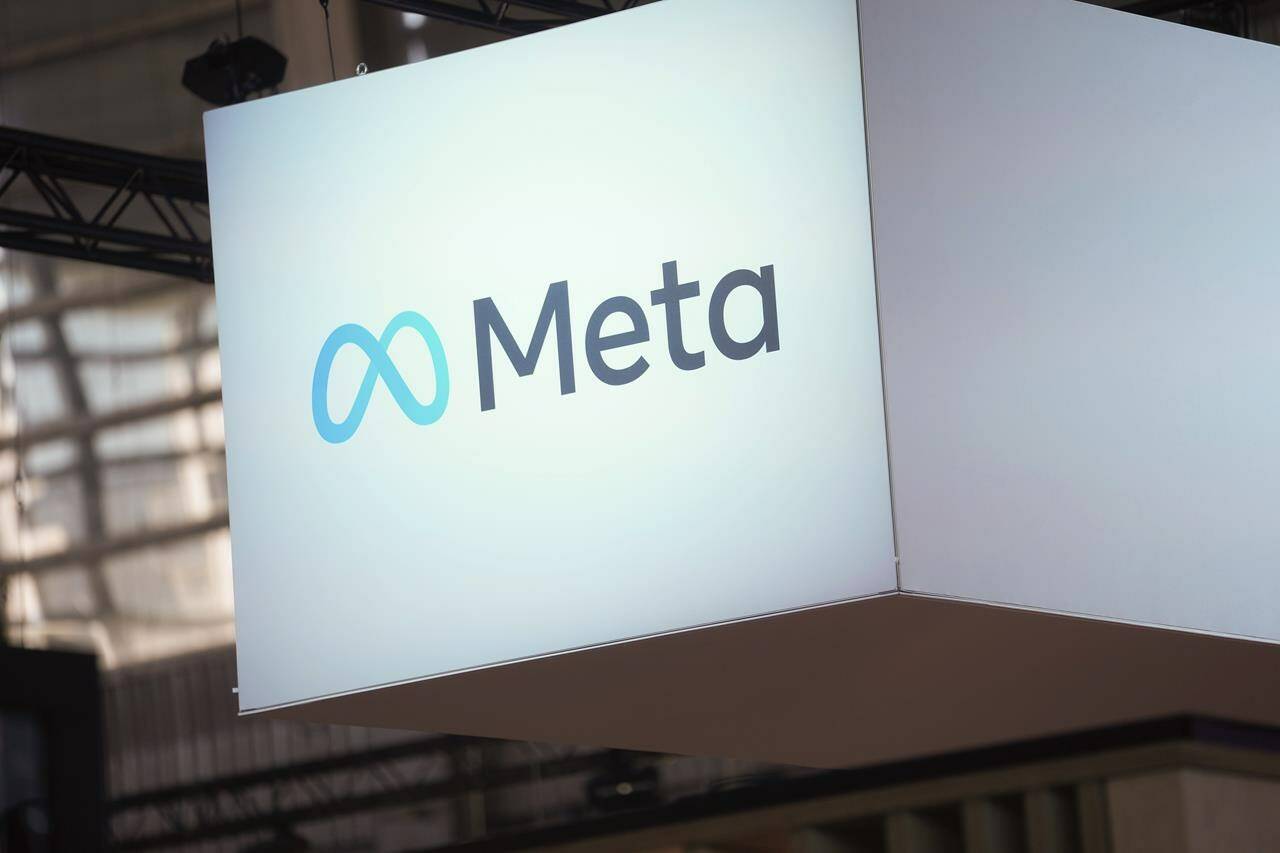Five more Ontario school boards and two private schools have joined the multibillion-dollar legal fight against social media giants Facebook, Instagram, TikTok and Snapchat, accusing their parent companies of leaving educators to manage the fallout from their allegedly addictive products.
They join some of Ontario’s largest school boards who filed suits in March alleging the platforms are negligently designed for compulsive use and have rewired the way children think, behave and learn.
“This increasingly hinders students’ ability to absorb lessons, think critically and thrive in our learning spaces,” said Kelly Pisek, the director of education at District School Board of Niagara, one of the new plaintiffs.
“As a result, school staff are required to spend more time working to meet the needs of students who face significant attention, focus and mental health concerns.”
The province, however, doubled down on its criticism of the legal action, with the education minister accusing school boards of choosing litigation over co-operation with the platforms.
Filing their own lawsuits this week were the Catholic boards in Ottawa, Dufferin-Peel and York, along with Trillium Lakeland District School Board and District School Board of Niagara. Holy Name of Mary College School, a private Catholic girl’s school in Mississauga, Ont., and a private Jewish day school, Eitz Chaim, round out the list of the new plaintiffs.
Together, the seven new schools and school boards are seeking $2.57 billion in damages for disruption to student learning and the education system, on top of the more than $4 billion already sought by the four school boards who filed earlier this year.
In March, Toronto’s public and Catholic school boards, the Ottawa-Carleton District School Board and the Peel District School Board filed their own cases with Ontario’s Superior Court of Justice.
“The addition of these school boards and schools to the ongoing litigation against technology companies demonstrates the widespread disruption to the education system,” said Duncan Embury, a lawyer at the Toronto firm Neinstein, which is heading up the litigation.
The allegations in the lawsuits have not been proven in court.
A spokesperson for TikTok has said its team of “safety professionals” continually evaluate practices to support teens’ well-being, while Snapchat has said it is happy with the role it plays helping friends stay connected as they face the challenges of adolescence.
A spokesperson for Meta, the parent company for Facebook and Instagram, said it developed more than 30 tools to support teens and their families, including tools that allow parents to decide when, and for how long, their teens use Instagram.
“These are complex issues, but we will continue working with experts and listening to parents to develop new tools, features and policies that are effective and meet the needs of teens and their families,” the statement read.
Hundreds of school boards in the United States, along with some states, have launched similar lawsuits against social media companies.
The Ontario suits make a slew of allegations about how negligently designed social media platforms have upturned the education system.
Among them, they say more staff and administrator time is being spent on addressing compulsive student social media use, more money is going into the heightened need for digital literacy and harm prevention, and more resources are being spent on handling issues such as cyberbullying and online sexual harassment.
Students also struggle to spot misinformation, the suits allege, pushing teachers to spend time and resources to help vet what they see on their social media feeds and prevent them from adopting harmful ideologies they are exposed to on the platforms.
The school boards say they will not incur costs for the lawsuits unless they are successful.
Ontario Premier Doug Ford was critical of the initial lawsuits, saying in March school boards should put resources into students rather than a legal fight over “this other nonsense.”
Education Minister Stephen Lecce backed up those comments Wednesday. He said the government was choosing to “collaborate with these enterprises.”
He cited the government’s plan to ban cellphone use during class time and block access to social media platforms on school networks and devices, and suggested school boards should have taken those steps themselves, “years ago.”
“Instead of talking about it and litigating about, we opt to act decisively with a comprehensive plan,” he said.
Teachers’ unions have expressed skepticism about the province’s move and said staff are hesitant to take phones away in case devices are lost, damaged or stolen.
READ ALSO: School districts suing social media firms for disrupting their classrooms

